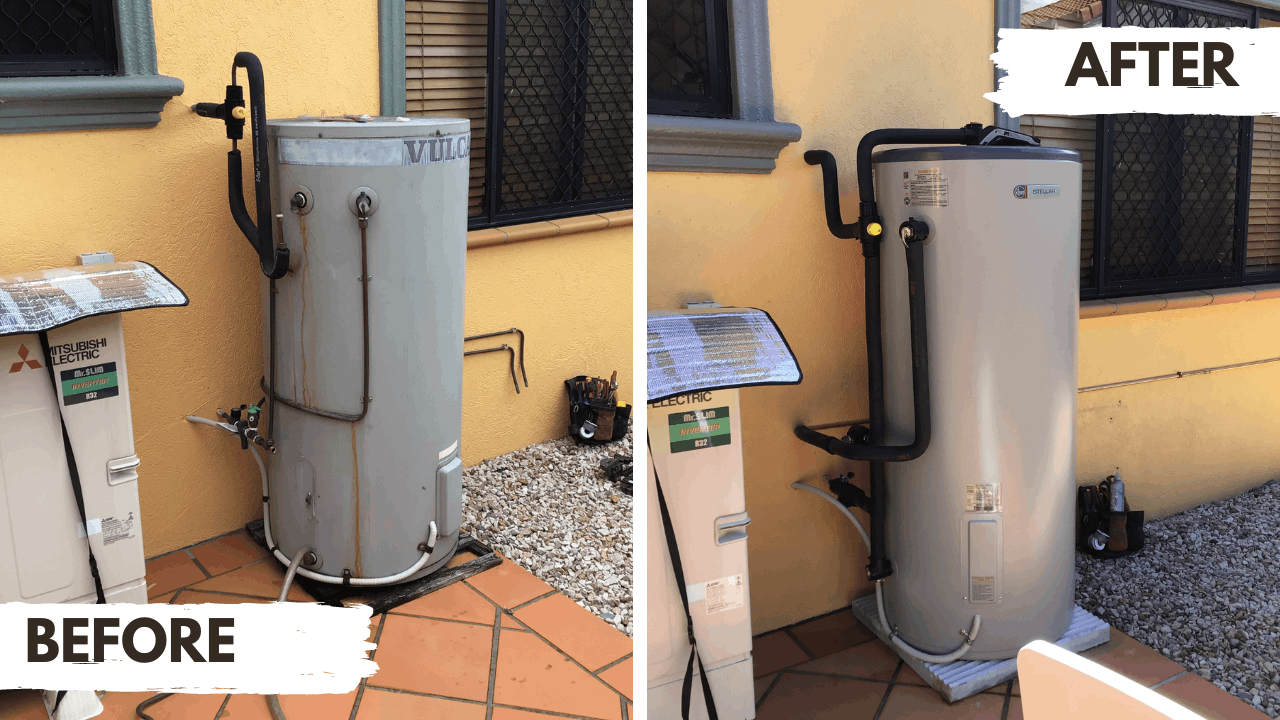7 June 2023
How to tell if your hot water system is on its last legs
As the days grow shorter and the temperatures drop, your hot water system becomes a vital component in ensuring comfort during the winter season. However, there comes a time when even the most reliable system begins to show signs of wear and tear, potentially leaving you with cold showers and frustration. To avoid unexpected disruptions and ensure uninterrupted hot water supply, it’s essential to identify whether your hot water system is on its last legs.
Here are key indicators to help you determine the condition of your hot water system and take necessary steps to avoid cold showers;
Leaks and pressure issues:
One of the first things you should do is inspect your water heater for any signs of leaks or pressure problems. If you notice water pooling around the system or detect any leaks, it could be an indication of a serious issue that requires immediate attention.
Age of the system:
The age of your hot water system can be a reliable indicator of its remaining lifespan. Most systems have an average lifespan of 10-15 years. If your system is approaching or exceeding this timeframe, it’s essential to start considering a replacement, even if it’s not exhibiting any obvious issues yet.
.jpg)
Rusty water:
If you notice rusty or discoloured water flowing from your hot water taps, it’s a clear sign that your system is corroded and may need to be replaced. Rusty water can be caused by deteriorating internal components, indicating that the system is no longer functioning optimally.
Strange noises:
Unusual noises emanating from your hot water system, such as banging or popping sounds, should not be ignored. These noises often indicate the presence of sediment build-up, which can reduce the efficiency of the system and potentially lead to failure. Regular maintenance or professional cleaning can help mitigate this issue.
Inconsistent water temperature:
If your hot water system is struggling to maintain a consistent temperature, it might be a sign of a failing thermostat or other internal components. In some cases, this issue can be resolved through repairs or part replacements, but it could also indicate that your system is nearing the end of its lifespan.
Higher energy bills:
A sudden increase in your energy bills without any corresponding changes in usage can be an indicator of an inefficient hot water system. As the system ages and loses efficiency, it requires more energy to heat the water adequately. If you’ve noticed a significant spike in your energy costs, it may be time to consider a new, more energy-efficient hot water system.
It’s not uncommon for homeowners to overlook their hot water systems until a problem arises. However, neglecting regular maintenance can lead to inconveniences, costly repairs, or even emergencies. To ensure a consistent supply of hot water, we strongly recommend prioritizing professional checks for your hot water system, especially if you notice signs of rust, leaks, or unusual noises.
At Fallon Solutions, we even offer a $99 hot water system check to help you prevent unexpected issues and keep your hot water running smoothly. Call us today on 1300 712 028!
Suggested articles
No articles found

.png)
